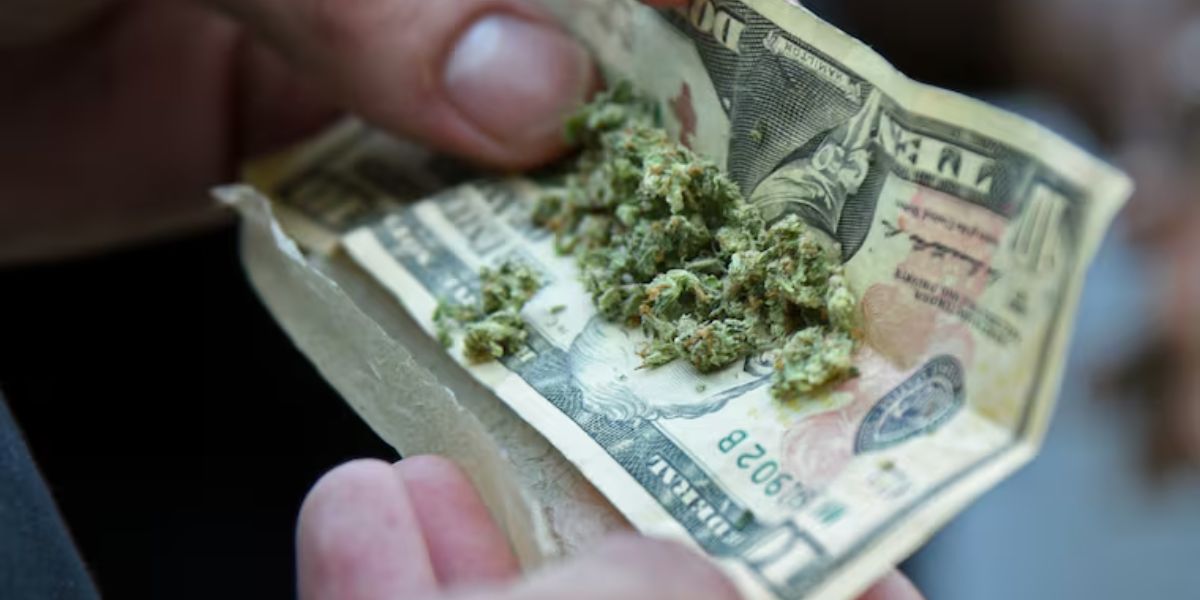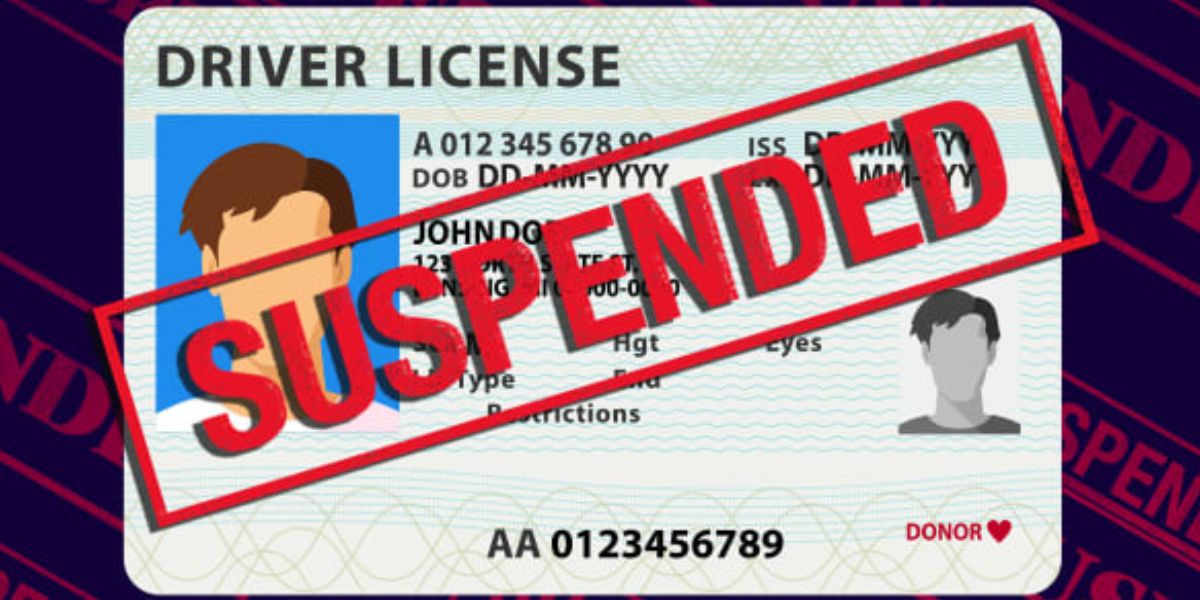As of April 2025, Pennsylvania maintains a dual stance on marijuana: it permits medical use under a regulated program but continues to criminalize recreational use. Despite ongoing legislative efforts and growing public support, the state has yet to legalize cannabis for adult recreational consumption.
Medical Marijuana: A Legal and Expanding Program
Pennsylvania’s medical marijuana program, established in 2016, has evolved into a comprehensive system serving over 440,000 registered patients. The program allows individuals with qualifying conditions to access cannabis products through state-licensed dispensaries.
Qualifying Conditions and Access
Patients diagnosed with conditions such as ALS, anxiety disorders, autism, cancer, Crohn’s disease, epilepsy, glaucoma, HIV/AIDS, multiple sclerosis, Parkinson’s disease, PTSD, severe chronic pain, and terminal illness are eligible for medical marijuana treatment.
Recent Legislative Developments
In early 2025, Pennsylvania lawmakers proposed legislation to further liberalize the medical marijuana program. The proposed changes aim to:
- Eliminate the list of qualifying conditions, allowing physicians to recommend medical marijuana for any condition they deem appropriate.
- Permit the sale of edible cannabis products, expanding the forms in which patients can consume medical marijuana.
- Allow licensed growers to open dispensaries and sell products directly to patients.
These proposed reforms reflect a growing recognition of the therapeutic benefits of medical marijuana and an effort to enhance patient access and convenience.
Recreational Marijuana: Legalization Efforts Stall
While the medical marijuana program has seen expansion, efforts to legalize recreational marijuana in Pennsylvania have encountered significant obstacles.
Legislative Initiatives and Challenges
In September 2024, House Bill 2500 was introduced to establish an adult-use cannabis program. The bill proposed allowing individuals aged 21 and over to purchase cannabis from licensed distributors. However, the bill stalled in the legislature and failed to advance before the session ended in November 2024.
Governor Josh Shapiro has consistently advocated for the legalization of recreational marijuana, highlighting its potential to generate substantial tax revenue and address budget shortfalls. His administration estimates that a regulated adult-use cannabis market could generate $1.3 billion in tax revenue within its first five years.
Despite these efforts, the Republican-controlled Senate has remained resistant to legalization, citing concerns over public health, safety, and the implementation of a regulatory framework.
Regional Pressure and Economic Considerations
Pennsylvania’s neighboring states—New Jersey, New York, Maryland, and Delaware—have already legalized recreational marijuana, creating economic and regulatory pressure. Residents often cross state lines to purchase cannabis, resulting in lost tax revenue for Pennsylvania and challenges in enforcing state laws.
Governor Shapiro’s 2025–2026 budget proposal includes provisions for legalizing recreational marijuana, framing it as an economic opportunity to recapture revenue currently flowing to neighboring states.
Local Decriminalization Efforts
While recreational marijuana remains illegal at the state level, some Pennsylvania cities have taken steps to decriminalize possession of small amounts. Philadelphia and Pittsburgh, for example, have enacted ordinances that reduce penalties for minor cannabis offenses, reflecting a shift in public attitudes and law enforcement priorities.
Future Outlook
The path to legalizing recreational marijuana in Pennsylvania remains uncertain. While there is growing public support and economic incentives, political divisions continue to impede progress. The upcoming legislative sessions will be critical in determining whether Pennsylvania joins its neighbors in legalizing adult-use cannabis or maintains its current stance.
In the meantime, the state’s medical marijuana program continues to provide access to patients with qualifying conditions, and proposed reforms may further expand its reach and effectiveness.




